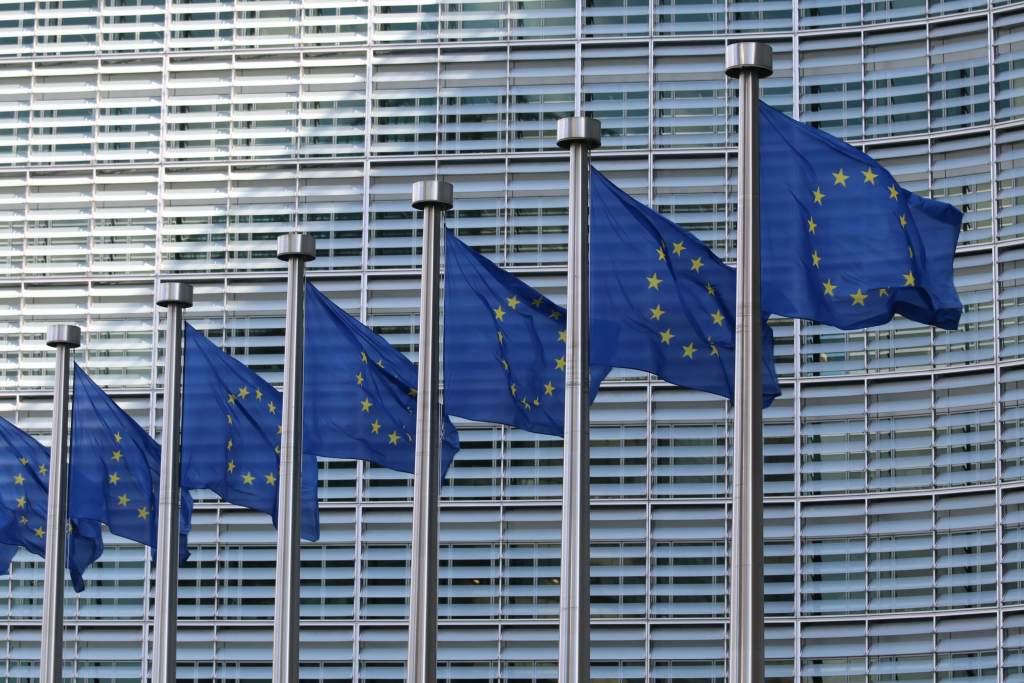 Share this!
Share this!The Assembly of European Regions (AER) welcomes the historic long-term budget and recovery package agreed upon by the European Council on 21 July. AER has stressed and will continue to emphasize the importance that cohesion policy has in promoting a fair, sustainable, prosperous future for the European Union. Furthermore, cohesion policy has been integral in responding to the pandemic and reducing the societal and economic damages in our regions.
On 29 May, AER released a statement on the proposal published by the European Commission on the Multiannual Financial Framework (MFF) 2021-2027 and the COVID-19 recovery plan. This statement not only underlines the central role that cohesion policy plays but also highlights the need to comply with the partnership principle, multi-level governance and placed-based approach.
On 21 July, the European Council convened in Brussels and agreed on the next long-term budget (2021-2027). This historic long-term budget and recovery package is a symbol of solidarity and addresses the needs of our citizens during these uncertain times. The overall budget of €1824.3 billion combines the €1074.3 billion from the MFF and €750 billion from the Next Generation EU (NGEU) recovery effort. NGEU is a front-loaded recovery package that will help the EU rebuild following the COVID-19 pandemic and will support investments in the green and digital transitions.
The largest allocation under NGEU will be to the Recovery and Resilience Facility (RRF): €672.5 billion total, €360 billion loan, €312.5 billion grant. 70% of the grants will be committed in 2021 and 2022, with the remaining 30% committed by the end of 2023. This plan ensures that the money goes to the countries and sectors most affected by the crisis. AER has reiterated on several occasions that its member regions have been on the frontline during the crisis and will also be the ones handling the damages following. Therefore, the resources must rapidly be made available to regions, cities and villages, the level closest to its citizens, in order to deliver a just socio-economic recovery and achieve a more sustainable, prosperous, fair and resilient Europe. Without proper consideration for the diverse needs of regions, cities and municipalities as well as strong involvement of local actors, the Recovery and Resilient Facility – which is the most powerful investment tool of the EU recovery plans – is at risk of failure
AER is pleased with the allocation of the 377.8 billion towards Cohesion Policy under the MFF. AER and the CohesionAlliance have tiredlessly advocated for a stronger, renewed Cohesion Policy and we are glad to see that this have come to fruition under this package agreed by the European Council. We again would like to emphasize the importance of swiftly adopting the MFF 2021-2027 and NGEU by the end of the year in order to limit any delay in the new budgetary period.
In conclusion, AER is pleased with the budget allocated to cohesion policy and COVID-19 recovery and that the advocacy efforts by AER has been a resounding success. Safeguarding the role of cohesion policy post 2020 has been critical to our advocacy efforts and we are pleased that the budget to cohesion policy makes up more than 1/3rd of the budget to the MFF. Indeed, the increase in budget to cohesion policy signals the importance that regions play in ensuring the fair, sustainable, prosperous and resilient future of Europe. However, it is important to re-emphasize that resources and funding must rapidly be made available to regions, cities and villages in order to ensure the post-COVID socio-economic recovery.
Photo by Guillaume Périgois on Unsplash
